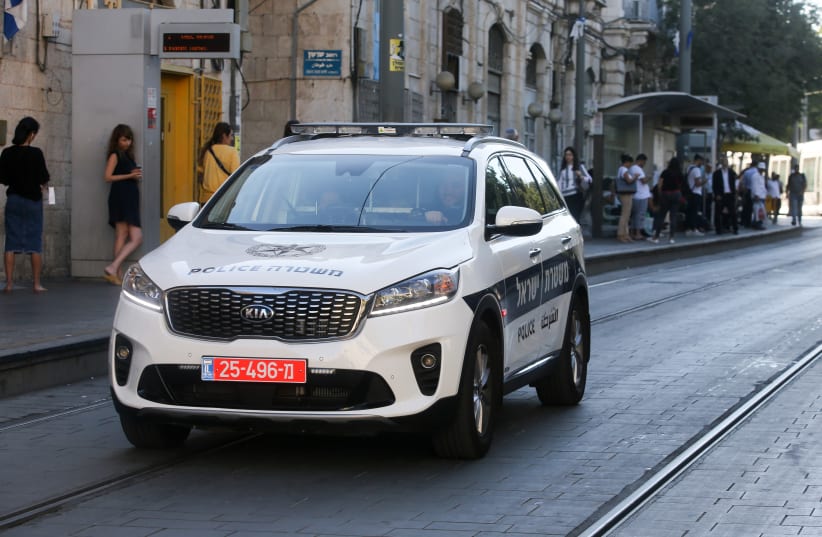The same is the case in 90% of Europe where across different countries there is one single number – 112 – which you can call in the case of any kind of emergency. Dial 112 in Denmark, Estonia, Finland, Malta, the Netherlands, Portugal, Romania and Sweden and someone will answer.
Having one number works even though the US and Europe are so big. There are more than 325 million people in the United States and double that across Europe, but having one number is effective. It is easy to remember and when there is one dispatch service it knows who to alert to the specific case in hand. It gets the job done.
This is an important tool for any country on any given day but especially now as the world, and Israel, confront the global pandemic caused by the novel coronavirus also known as COVID-19.
In Israel there is no single dispatch line or number. There is 100 for the Israel Police in the event of a crime, 102 for the National Fire and Rescue Authority in the event of a fire, 101 for Magen David Adom in the event of a medical emergency, 1221 for United Hatzalah, another medical emergency service and now – with the spread of the coronavirus – also 5400 for the Health Ministry.
This is too many, too confusing and ineffective. For a country as technologically advanced as Israel, this also doesn’t make sense. Surely, it’s not difficult to connect all the hotlines into one dispatch service and make them all work together.
Over the years there have been a number of attempts to move this along. In 2004, Eitan Cabal, an MK from the Labor Party, proposed a bill that called for establishing a single dispatching system in Israel that would work equally with all emergency organizations in the country. Another law was proposed by a United Torah Judaism MK in 2012 but that too never moved ahead.
Since then, there have been other proposals but every time they reach the Knesset, they never pass and somehow die out in a committee or in some back room deal.
A single dispatch service would help prevent calls from getting missed like what happened during the rain floods earlier this winter when a young couple was stuck in an elevator in an underground parking lot in Tel Aviv and drowned to death. It later came out that over 1,000 calls were made to 102, the fire department’s hotline that day, but that many were not answered since the hotline was understaffed and unequipped to answer so many calls.
One of the big opponents to unifying all of the emergency services into one hotline has been Magen David Adom. Officials there have explained in the past that the time it would take for a national dispatch service to then pass on the alert to MDA is critical and could be the difference between life and death in some cases.
On the other hand, it is no secret of the competition that exists between MDA and United Hatzalah. If someone calls MDA or United Hatzalah both services are meant to notify the other in case one of the other’s medics is closer to the scene. There have been cases of both services complaining that this does not work.
Since the outbreak of the coronavirus in recent weeks, there have been reports of the Health Ministry hotline not working and of MDA not coping well with the massive increase in calls.
Now is the perfect time to put all of this to an end and to set up a single dispatch service in Israel.
The fight against the coronavirus is hard enough for families that need to stay home, keep working, watch over their children and do their best to stay healthy. But when people need assistance from the police, the fire department or the Health Ministry, they need to know that there is someone they can call who will answer.
